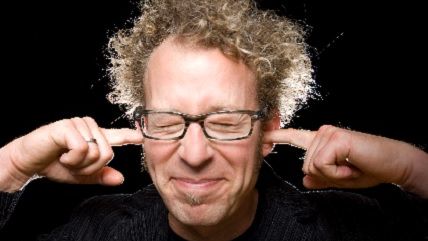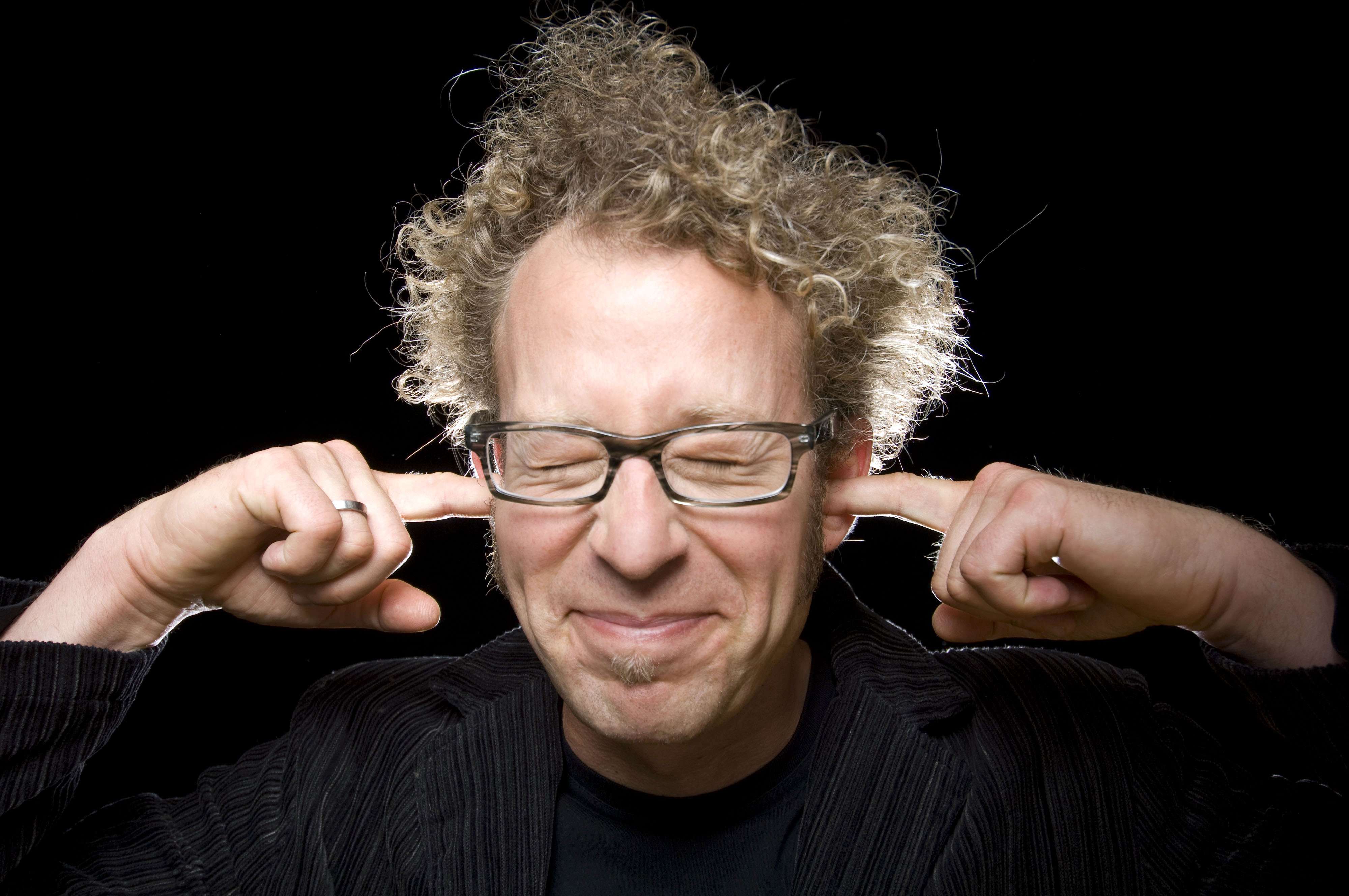Democratic Accountability Made as Simple as an App
The California Report Card is a growing, grassroots tool for individual citizens to make their government officials listen.


Democracy kind of blows but it's the best we've got, to paraphrase Winston Churchill. Researchers with the CITRIS Data and Democracy Initiative at the University of California are trying to make it a little better. They're working on a project called the California Report Card (CRC), a truly grassroots tool that provides individual citizens with a quick, clear channel to communicate ideas to politicians and a platform to rank the government's performance.
Ken Goldberg, an inventor, artist, and Berkeley professor who's the brains behind the CRC tells Reason that one of the project's underlying ideas comes from his work in robotics: "The faster your feedback cycle in a robotics system is, the more stable the core is and, essentially, the more effective a system can be." He thinks the same can be applied to statecraft.
The laboratory in which he's testing this idea is the state of California, particularly through the office of Lt. Gov. Gavin Newsom, a notable tech-optimist who's embraced the project. The report card—launched in January and currently boasting input from over 9,000 individuals, providing over 30,000 points of feedback on a range of topics, such as the cost of higher education and the implementation of Obamacare—is an online platform that's as intuitive as any smartphone app. It allows citizens to rank the government's performance on key political issues on a scale from "A+" to "F" and submit additional issues they consider important. The system organizes the results by self-reported county location.

So far, the state has gotten middling grades in all six subjects Goldberg's team picked for the project's first iteration. For example, on "laws and regulations regarding recreational marijuana," residents of the golden state gives its public servants a "C" average. Plumas and Inyo counties voted roughly proportionally, but were on opposite ends of the spectrum: The former gave an "A+" while the latter gave an "F."
This kind of particularized, daily expression of people's (dis)satisfaction is valuable, explains Goldberg, because politicians really do "want to have a dialogue with the public." It's a lesson he says he learned while establishing a similar system, Opinion Space, for the State Department five years ago.
The problem is that the dialogue is infrequent, if it exists at all. The last time Californians had the opportunity to vote directly on marijuana—in that case to legalize recreational consumption—was 2010, and it was narrowly defeated. It isn't likely to show up again until 2016, essentially deflating the people's democratic engagement of that issue for six years. To use Goldberg's metaphor, our public sphere is operating like an inefficient machine. The government is failing to accept timely information from voters, and this occurs to the detriment of our society.
Crowd-sourced intelligence has proven itself beneficial to plenty of enterprises, and given the voting-like behavior millions of daily active U.S. users engage in when they click the "like" button on Facebook or contribute wisdom to the stars-and-blurbs reviews on Yelp, one would think Americans vigorously review elected leaders through the voting booth, too. But, despite billions spent to get out the vote, only about 57 percent of eligible voters bothered to exercise that right in the last two presidential election. Turnout at state and city elections, which arguably have a far more direct impact on constituents, tends to be dismally low. The report card isn't a substitute for voting, but in an ever more tech-centric America, it is a complement that can allow a greater number of Americans to flex some democratic muscle and have a say in the performance of their representatives.
Other complements to voting do exist, but Goldberg considers letters and emails to be "pretty clumsy." Appropriating something like Yelp for this project wouldn't have fit well, because list-type reviews, like emails, quickly become cumbersome and impossible to actually sift through. The same goes for easily-gamed online petition systems like Change.org or President Barack Obama's own We the People site and the now-defunct Change.gov (which Goldberg says "was considered a failure" because it was taken over by special interests who were "bombarding that site with tens of thousands of inputs. … A classic example of exactly what we were trying to counter"). The CRC, by contrast, employs more nuanced statistical models and filters that ensure popular issues rise to the top in a clear way, but also keeps human researchers on watch for users trying to manipulate the results through multiple votes and other tricks. Additionally, the system allows people to see the average grade as soon as they've voted, and subsequently allows them to then change their own answers. It's a decision that Goldberg describes as "controversial, because you allow people to be biased," but it ultimately allows the report card, through machine learning, to remove the effects of this social influence bias.
A big part of the project is ensuring that unlike "opinion polls, surveys, and focus groups" which Goldberg believes "may produce valuable information, but … are costly, infrequent and often conducted at the convenience of government or special interests," the CRC continues to grow as a grassroots tool for individual citizens to tap into their "collective intelligence."
It's already shown signs of success on that front. The dominant issue to come out of the report card's first run is disaster preparedness, which wasn't even on researchers' list. But a huge number of people spoke up and that's where Newsom will refocus some of his effort. Newsom's office tells Reason that the CRC's next iteration, which will debut in this fall, will pose more in-depth questions to better determine how Californians want disaster preparedness to be improved. It may not be a sexy, headline-grabbing, partisan issue, but frankly, it seems good to get politicians away from legislating around those kinds of topics.
Goldberg says that he's currently incorporating an automatic translator, so that California's sizeable Spanish-speaking population can also participate in this democratic exercise with ease, and that his team is beginning to work with others from New York University to Uganda to further implement the report card. He notes that it's "it's still a prototype, a research project" and "not a magic bullet," but that we can only learn more about it through further testing.
How much of an influence this type of medium should have on shaping policy is a question that is just now emerging. Nevertheless, given the near-omnipresence of and emphasis on data-analyzing and social media-style constant communication, it's almost a surprise that America's public servants have lasted this long without something like the CRC, and it seems that those public servants who are ignorant of their own constituents' wishes won't last long without warming up to these new channels of accountability.



Show Comments (35)